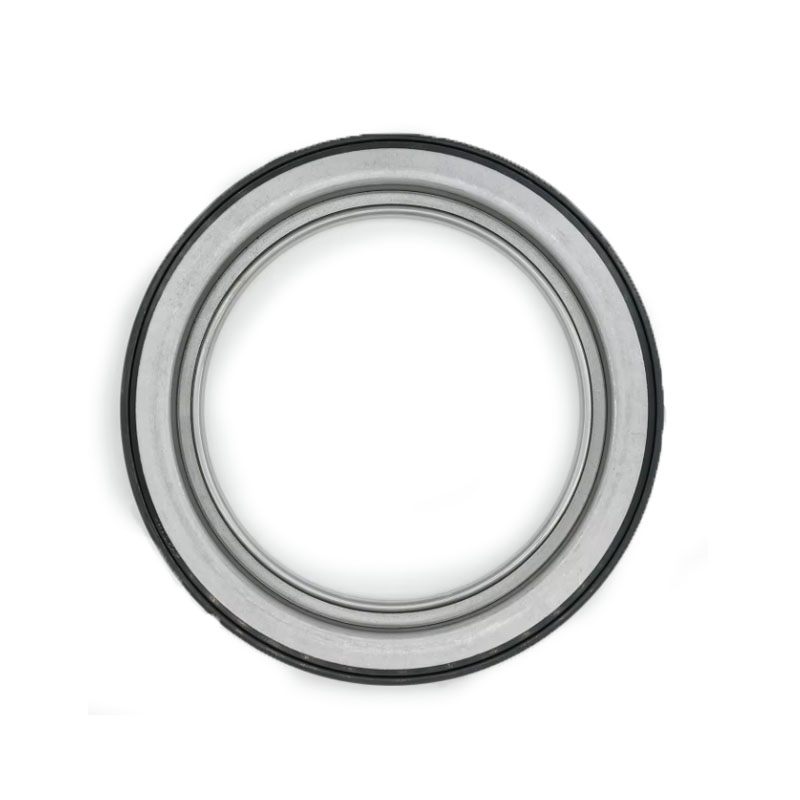PTFE Rotary Shaft Seals for Enhanced Performance and Durability in Various Applications
Understanding PTFE Rotary Shaft Seals
Rotary shaft seals are critical components used in various mechanical systems to prevent the leakage of fluids while allowing for the smooth rotation of shafts. Among the different materials used in the manufacturing of these seals, PTFE (Polytetrafluoroethylene) has gained significant popularity due to its excellent chemical resistance and performance characteristics.
What is PTFE?
PTFE is a synthetic fluoropolymer of tetrafluoroethylene, known for its non-stick properties and high thermal stability. It is commonly known by the brand name Teflon. Its unique structure consists of carbon and fluorine atoms, which contribute to its ability to withstand high temperatures and aggressive chemicals. These properties make PTFE an ideal choice for rotary shaft seals, especially in challenging environments.
Role of PTFE in Rotary Shaft Seals
PTFE rotary shaft seals, also known as lip seals or oil seals, are designed to keep lubricants contained within a machinery assembly while preventing contamination from external contaminants such as dust, dirt, and moisture. The pliability and resilience of PTFE allow these seals to adapt to slight misalignments of the shaft and changes in operating conditions. When installed correctly, PTFE rotary shaft seals provide a durable and long-lasting solution to fluid containment.
Advantages of PTFE Rotary Shaft Seals
1. Chemical Resistance PTFE seals exhibit remarkable resistance to a wide range of chemicals, including acids, bases, and solvents. This property makes them suitable for use in industries such as chemical processing, pharmaceuticals, and food production, where exposure to aggressive substances is common.
ptfe rotary shaft seals

2. Temperature Tolerance PTFE can withstand continuous operating temperatures of up to 260°C (500°F) and short bursts of even higher temperatures. This heat resistance is crucial for applications that generate heat during operation, such as engines and industrial equipment.
3. Low Friction One of the standout characteristics of PTFE is its low friction coefficient. This translates into reduced wear and tear on both the seal and the rotating shaft, leading to extended service life and lower maintenance costs.
4. Non-Adhesiveness The non-stick nature of PTFE prevents the accumulation of grime and debris, which can hinder the performance of seals made from other materials. This feature is especially beneficial in environments where cleanliness is paramount.
5. Versatility PTFE rotary shaft seals can be manufactured in various sizes and configurations to fit different applications. Whether in automotive engines, pumps, or heavy machinery, these seals can be custom-designed to meet specific operational demands.
Installation and Maintenance
Proper installation of PTFE rotary shaft seals is crucial for their effectiveness. During installation, care must be taken to ensure that the sealing surface is clean and free from imperfections. Misalignment during installation may lead to premature failure of the seal, causing leaks. Regular maintenance checks can help identify wear and tear on the seals and ensure they are functioning as intended.
Conclusion
In summary, PTFE rotary shaft seals offer significant advantages in performance and durability over traditional sealing materials. Their exceptional chemical resistance, heat tolerance, low friction properties, and versatility make them indispensable in various industries. As technology continues to advance, the demand for reliable and efficient sealing solutions like PTFE rotary shaft seals will undoubtedly grow, further solidifying their importance in mechanical systems worldwide. Investing in quality seals is essential, as it not only ensures the smooth operation of machinery but also contributes to overall efficiency and longevity.
-
Simplifying Oil Changes: A Comprehensive Guide to Oil Drain Plugs and Their Variants
News Aug.04,2025
-
Mastering Oil Drain Maintenance: Solutions for Stripped, Worn, and Upgraded Oil Plugs
News Aug.04,2025
-
Fixing Oil Pan Plug Issues: Leaks, Stripped Nuts, and the Right Replacement Solutions
News Aug.04,2025
-
Everything You Need to Know About Oil Drain Plugs: Sizes, Fixes, and Upgrades
News Aug.04,2025
-
Choosing the Right Oil Drain Plug: A Guide to Sizes, Materials, and Drain Innovations
News Aug.04,2025
-
A Complete Guide to Automotive Drain Plugs: Types, Problems, and Innovative Solutions
News Aug.04,2025
-
The Ultimate Guide to Car Repair Kits: Tools and Essentials Every Driver Should Own
News Aug.01,2025
Products categories















